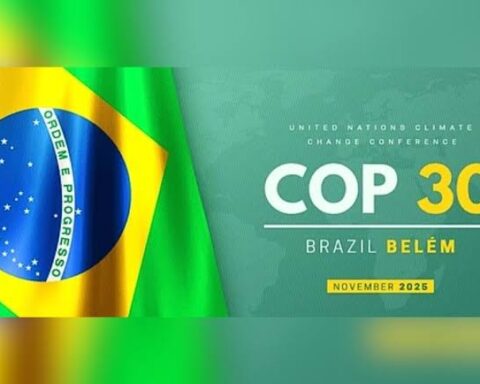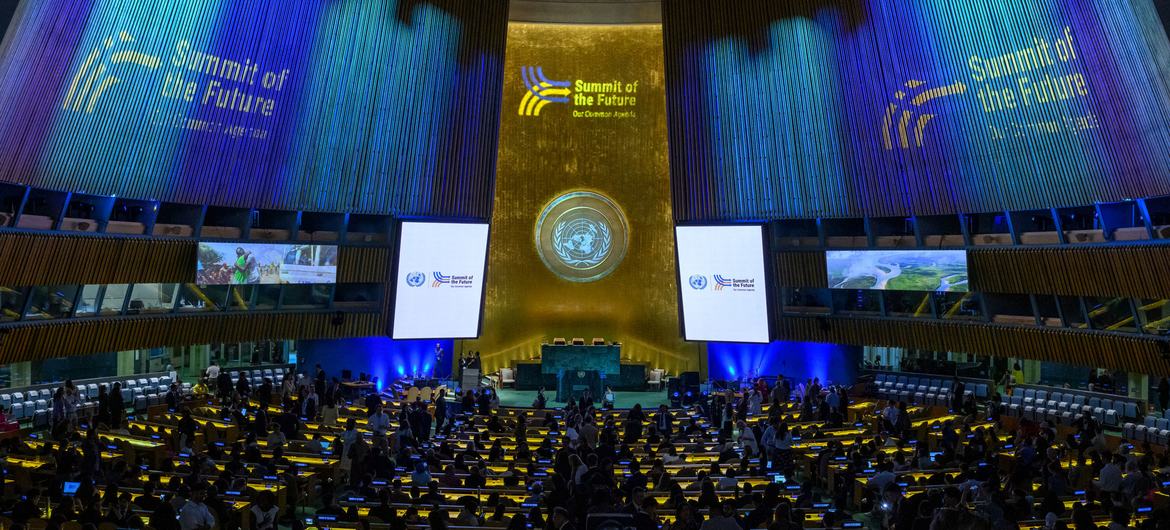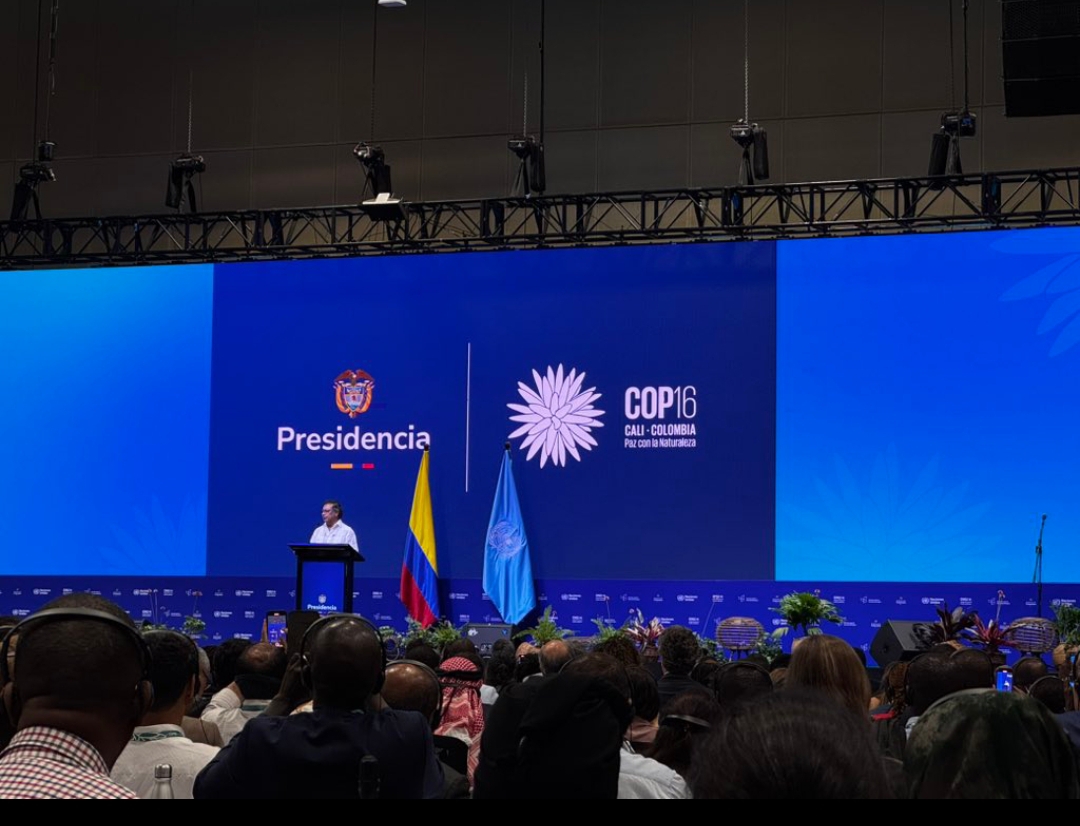Oxfam International has revealed that up to $41 billion in World Bank climate finance remains unaccounted for due to poor record-keeping, raising serious concerns ahead of the upcoming COP 29 in Azerbaijan, dubbed the ‘Climate Finance COP.’
The report, published on Thursday, October 17, 2024, highlighted the discrepancies within the World Bank’s climate finance portfolio from 2017 to 2023, leaving uncertainty about the actual use of funds intended to support low- and middle-income countries, especially in Africa, where the impacts of climate change are most severe.
The report indicates that between $21 billion and $41 billion of climate finance allocated by the World Bank went unaccounted for during this period, with no clear public record of how these funds were utilized.
The report pointed out significant deviations between budgeted and actual expenditures for climate projects, ranging from 26% to 43%.
Kate Donald, head of Oxfam International’s Washington DC office, noted that this issue is not merely an oversight but a “fundamental breach of trust” that could derail global climate finance efforts, especially as Africa and other developing regions push for substantial commitments at COP 29.
Impact on Africa and COP 29 Expectations
For African nations like Nigeria, the untraceable climate finance poses a major challenge as they rely heavily on such funds to address the impacts of climate change, including rising temperatures, droughts, and floods.
The lack of accountability raises doubts about whether these funds are reaching the vulnerable communities they are intended to protect.
As African delegates head to COP 29, they are advocating for increased financial support, urging the Global North to commit at least $5 trillion annually for climate adaptation and loss and damage in the Global South.
This is seen as critical for a just transition from fossil fuels to renewable energy, a transition that will play a key role in Africa’s economic growth and environmental sustainability.
African leaders, climate activists, and civil society organizations are expected to demand more stringent monitoring and transparency in global climate finance flows, ensuring that allocated funds are tracked and used for their intended purpose.
The Oxfam report warns that trust in the global climate finance system could erode without proper accountability, jeopardizing future negotiations at COP 29.
The Path Forward
The report further highlights the importance of the New Collective Quantified Goal (NCQG), a new global climate finance target that will be negotiated at COP 29.
This target is meant to support developing countries in their climate actions beyond 2025. For Africa, this means the opportunity to secure long-term funding for climate adaptation, clean energy investments, and resilience-building projects.
However, without addressing the gaps in financial accountability, there are concerns that African countries may continue to suffer from unfulfilled climate finance promises.
The lack of transparency also hinders communities from benefiting directly, as there is no clear indication of where funds are spent or if they are reallocated to other projects.
Oxfam warns that this could undermine trust in global climate finance and hinder the continent’s progress towards meeting its climate adaptation goals.
As COP 29 approaches, African negotiators are expected to focus on ensuring that funds meant for the region are properly tracked and directed toward meaningful climate action, while pushing for increased global commitments to finance the continent’s transition to a greener, more resilient future.
By Dare Akogun








